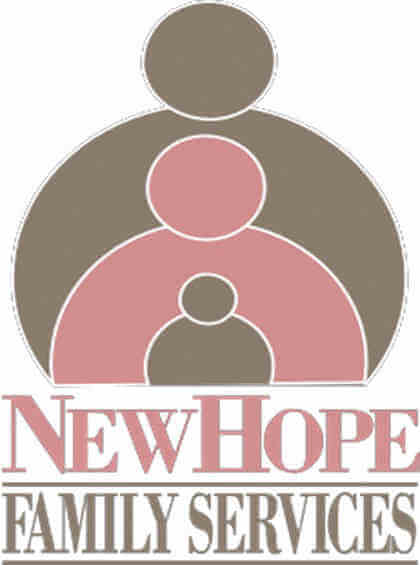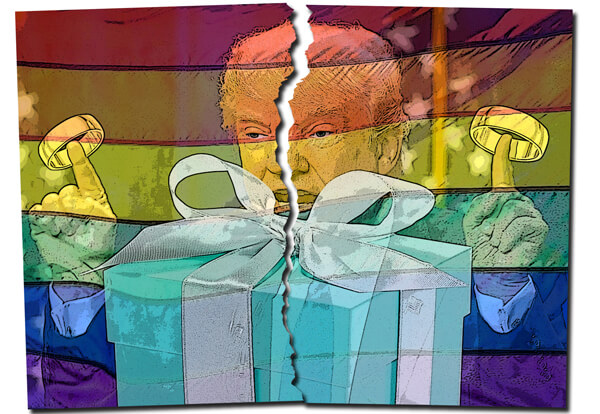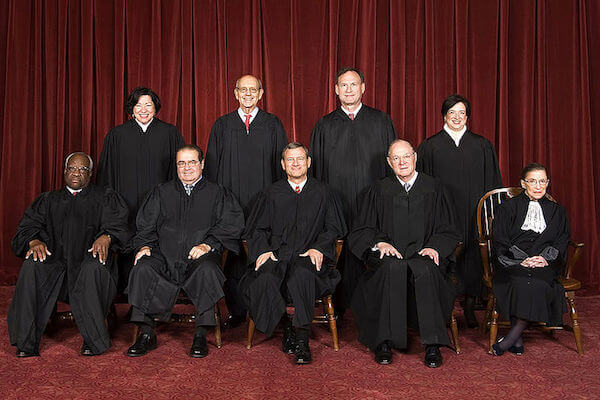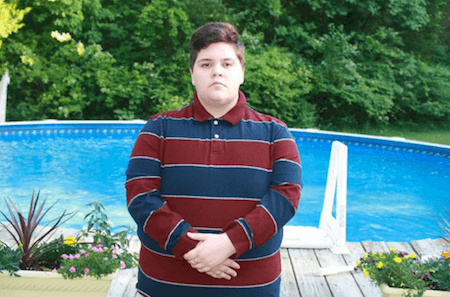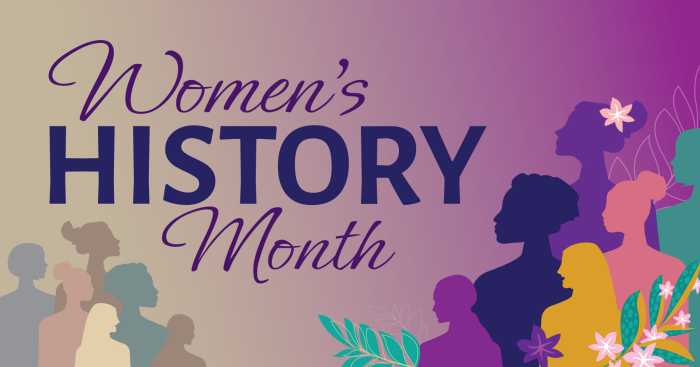A federal district judge in Albany has rejected a lawsuit from a Christian adoption agency that sought to resist efforts by New York to bring it into compliance with the state regulation forbidding discrimination based on sexual orientation or gender identity in the adoption process.
New Hope Family Services, Inc., is an “authorized agency” under the New York Social Services Law, and brought suit against the Office of Children and Family Services (OFCS) in an effort to maintain its policy of not recommending or placing children with same-sex couples or unmarried different-sex couples as adoptive parents.
Judge Mae A. D’Agostino, on May 16, denied New Hope’s efforts at an injunction against OFCS and dismissed the case.
New York State amended its Domestic Relations Law in 2010 to make clear that both unmarried and married adult couples have the right to adopt regardless of their sexual orientation or gender identity, and the following January OCFS notified all “authorized agencies,” including New Hope, about the change. The agency did not, however, formally adopt a new regulation reflecting the law’s amendment until late 2013.
Under that regulation, rejecting prospective adoptive parents’ applications could only be done if they refused to cooperate with an adoption study, were “physically” or “emotionally incapable” of caring for a child, or if the adoption were not “in the best of interests” of the child.
In 2016, New Hope was notified that it had to formalize the state’s nondiscrimination policy in its own regulations. New Hope’s non-compliance with that policy came to OCFS’ attention early last year, and the state threatened to strip the agency of its authorized status. At that point, New Hope, represented by the anti-LGBTQ litigation group Alliance Defending Freedom (ADF), filed its lawsuit.
The suit claimed First Amendment religious free exercise and 14th Amendment equal protection violations.
Judge D’Agostino found that a 1990 US Supreme Court decision, Employment Division v. Smith, clearly applies here. In Smith, the court ruled that there is no religious free exercise exemption from complying with neutral state laws of general application, upholding the denial of unemployment benefits for a Native American man fired after he failed a drug test but who argued that his use of peyote was part of a religious ritual. New York’s non-discrimination requirement, D’Agostino found, is not targeted at any particular religious belief or organization. Any burden on New Hope’s religious practice, she found, is offset by the state’s legitimate interest in preventing anti-LGBTQ discrimination.
D’Agostino noted an April 22 decision by the Philadelphia-based Third Circuit Court of Appeals, rejecting a similar argument by a Catholic agency claiming a religious exemption from Philadelphia’s anti-discrimination ordinance. She specifically cited that court’s statement that if every attempt to enforce an anti-discrimination policy against a private agency with religious objections is deemed “hostility to religion,” then an anti-discrimination policy is essentially meaningless.
D’Agostino also rejected New Hope’s argument that OCFS was “compelling” it to say that unmarried and same-sex couples are qualified to adopt children, when New Hope does not believe that to be true. In its designated role as an “authorized agency,” she found, New Hope’s obligation is to apply the criteria specified by the state, not to substitute their religious beliefs as to who is not qualified to raise children, and their certification of the parent as qualified is “government speech,” not private speech.
D’Agostino, noting that OFCS had in the past commended New Hope on the quality of its services, urged the two parties to “seek out some compromise to their current dispute without further judicial intervention.” The law, however, is clear, she concluded.
“Ultimately,” she wrote, “OCFS stands on firm ground in requiring authorized agencies to abide by New York’s non-discrimination policies when administering public services… [T]he current record does not show religious persecution or bias.”
New Hope is likely to appeal, since its pro bono representation by ADF suggests that it is willing to persist to an appellate level. ADF and other anti-LGBTQ religious forces have been looking for a vehicle to get this issue to the Supreme Court, hoping that the new conservative majority there might cut back the Smith precedent or even overturn it. The Third Circuit case in Philadelphia might provide such a vehicle, but so may this one, and the Supreme Court is more likely to grant review if the issue has been addressed by more than one federal appeals court.

